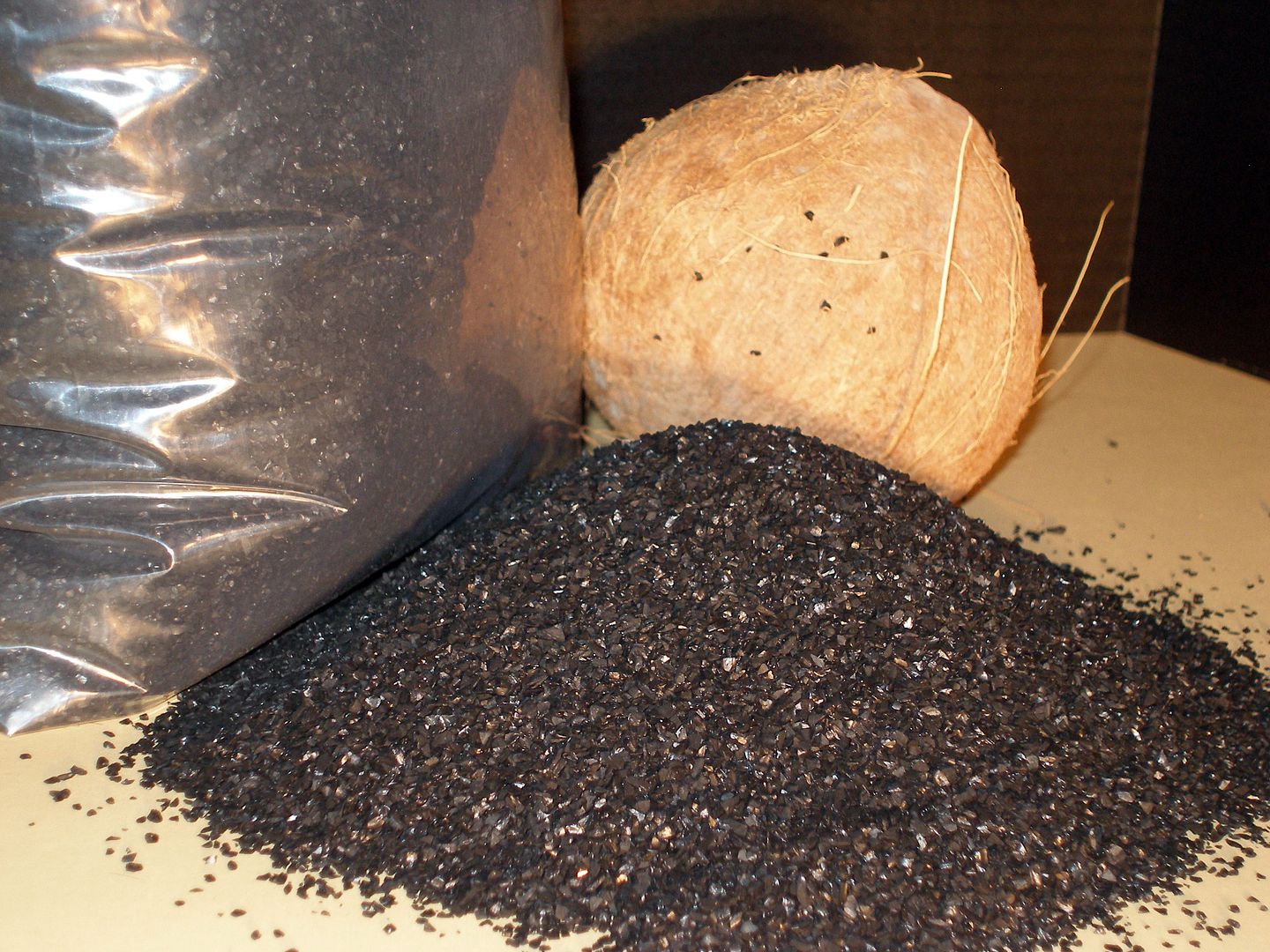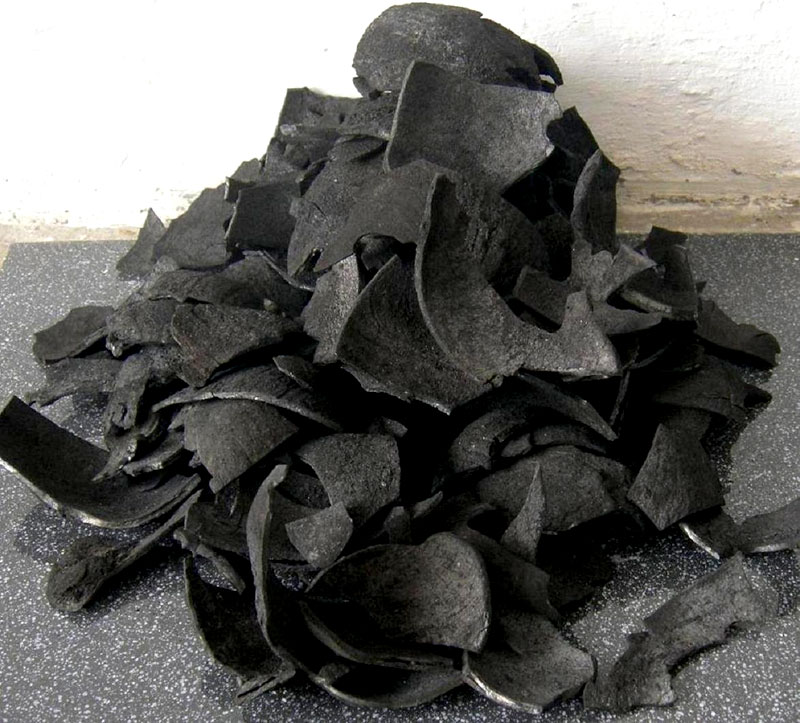The global timber industry has long faced scrutiny for its environmental impact, deforestation concerns, and contribution to carbon emissions. However, a sustainable transformation is on the horizon, and coconut shell charcoal emerges as a promising solution. In this comprehensive exploration, we delve into the innovative practices of incorporating coconut shell charcoal into the timber industry, outlining the benefits, challenges, and the potential for a more sustainable logging future. View the coconut shell charcoal machine to get more details.

The Timber Industry’s Environmental Impact
The timber industry has been a vital driver of economic growth, providing raw materials for construction, furniture, and various other applications. However, the environmental toll of traditional logging methods cannot be overlooked. Deforestation, habitat destruction, soil erosion, and the release of carbon dioxide into the atmosphere are among the severe consequences.
The Urgency for Sustainable Logging Practices
As the global population continues to grow, the demand for timber and wood products escalates. Balancing this demand with environmental conservation is crucial. Sustainable logging practices aim to maintain the ecological balance, protect biodiversity, and mitigate the adverse effects associated with traditional logging. View the biomass pyrolysis equipment.
Enter Coconut Shell Charcoal
Coconut shell charcoal, a byproduct of the coconut industry, is emerging as a game-changer in the quest for sustainable logging. Unlike traditional logging methods that contribute to deforestation, coconut shell charcoal offers a renewable and abundant alternative. Let’s explore how this versatile material is transforming the timber industry.
The Making of Coconut Shell Charcoal
Coconut shell charcoal is produced through a carbonization process, where coconut shells are heated in a low-oxygen environment. This process not only yields charcoal but also biochar, a valuable substance known for enhancing soil fertility. The efficiency of this process makes coconut shell charcoal an economically viable and eco-friendly solution.

Benefits of Coconut Shell Charcoal in Sustainable Logging
Renewable Resource: Coconut shells are a natural byproduct of the coconut industry, providing an abundant and renewable source of material for charcoal production. This reduces dependence on traditional timber logging and promotes sustainable resource management.
Carbon Sequestration: The carbonization process used to create coconut shell charcoal effectively sequesters carbon, preventing it from being released into the atmosphere. This makes coconut shell charcoal a carbon-neutral or even carbon-negative alternative compared to traditional logging practices.
Reduced Deforestation Pressure: By utilizing coconut shell charcoal, the demand for timber from natural forests is alleviated. This helps protect valuable ecosystems, maintain biodiversity, and reduce deforestation rates.
Waste Utilization: Coconut shell charcoal production repurposes waste material that would otherwise be discarded. This aligns with the principles of a circular economy, where waste is minimized, and resources are utilized efficiently.
Enhanced Soil Health: The biochar produced during the carbonization process can be returned to the soil, promoting better soil structure, nutrient retention, and water absorption. This dual benefit contributes to sustainable agricultural practices in areas associated with logging activities.
Community Development: Coconut shell charcoal production can become a source of income for local communities, especially in regions where coconut farming is prevalent. This creates economic opportunities and strengthens community ties. The suitable biochar machine manufacturer offers different types.
Challenges and Considerations
While coconut shell charcoal holds immense promise for sustainable logging, it’s essential to acknowledge the challenges and considerations associated with its widespread adoption.
Processing Infrastructure: Establishing efficient processing facilities for coconut shell charcoal requires investment in infrastructure. This may pose challenges in regions where the coconut industry is not well-established.
Supply Chain Logistics: Coordinating the supply chain for coconut shell charcoal, from collection to processing and distribution, can be complex. Developing streamlined logistics is crucial for the scalability of this sustainable alternative.
Market Demand and Awareness: Promoting the use of coconut shell charcoal in the timber industry requires increased market demand and awareness. Stakeholders, including consumers, builders, and policymakers, need to recognize the environmental benefits and economic viability of this alternative.
Research and Development: Continued research and development are essential to optimize the production process, improve efficiency, and explore new applications for coconut shell charcoal in the timber industry.
Case Studies: Success Stories in Sustainable Logging
Several regions around the world have successfully integrated coconut shell charcoal into their logging practices, showcasing the potential for widespread adoption.
The Philippines: With its extensive coconut industry, the Philippines has pioneered the use of coconut shell charcoal in sustainable logging. Local communities have embraced this alternative, leading to reduced deforestation rates and improved economic prospects.
Sri Lanka: Sri Lanka has incorporated coconut shell charcoal in both domestic and international timber markets. The country’s commitment to sustainable logging has garnered attention, inspiring other nations to explore similar practices.
Indonesia: As one of the largest coconut-producing countries, Indonesia has the potential to make a significant impact on sustainable logging. Pilot projects and collaborations between the government and private sector are exploring the integration of coconut shell charcoal into the timber industry.
Conclusion: Toward a Greener Future for Logging
The incorporation of coconut shell charcoal into the timber industry represents a beacon of hope for a more sustainable and eco-friendly future. As demand for timber continues to rise, it is imperative to prioritize practices that safeguard our environment and promote long-term ecological balance.
By embracing coconut shell charcoal, the timber industry can not only reduce its environmental footprint but also contribute to the well-being of local communities and ecosystems. Governments, businesses, and consumers all play a crucial role in supporting and promoting the transition to sustainable logging practices. This manufacturer and expert cooperate with many recyclers: Beston Group Co., Ltd.. If you wanna recycle biomass waste, contact this company.
As we navigate the complexities of environmental conservation and resource management, coconut shell charcoal stands out as a tangible and impactful solution. It’s time for the timber industry to turn over a new leaf, ushering in an era where sustainability and profitability coexist harmoniously.